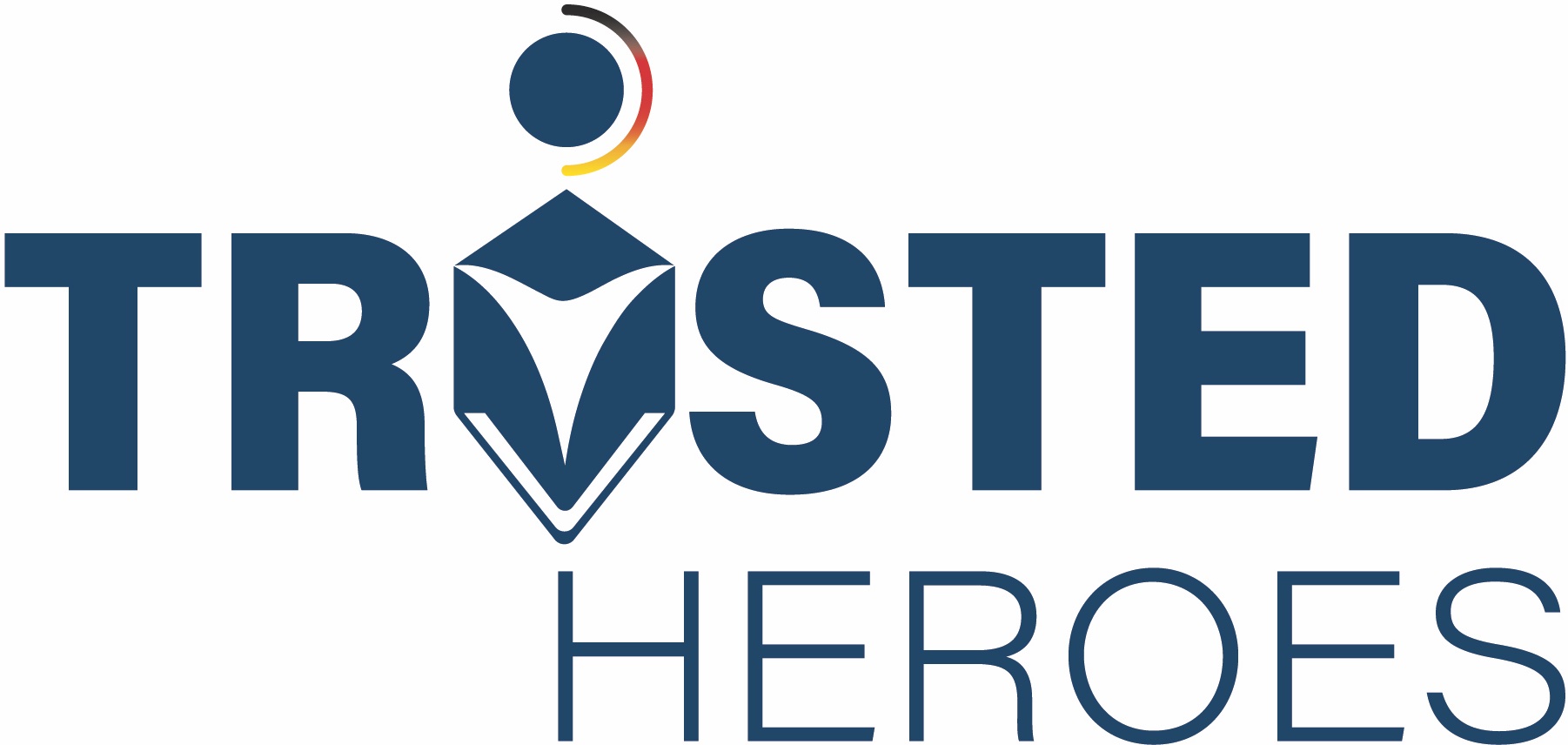A product inspection refers to the systematic process in which a specific product is tested under defined conditions to evaluate its characteristics, functionality, safety, quality, and/or compliance with specific standards or specifications.
The main aspects of a product inspection include:
- Quality: This aspect checks whether the product meets the established quality standards and is free from defects or flaws.
- Functionality: The product is tested for its operational performance. This means checking whether it works as intended and meets the requirements specified in its specifications.
- Safety: This ensures that the product is safe for its intended use and poses no risk to the end user. This is especially important for products such as electrical appliances, toys, food, and medicines.
- Conformity Assessment: This test ensures that the product complies with specific standards or regulations set by industry norms, government agencies, or other regulatory bodies.
- Durability Tests: Sometimes products are tested over extended periods to evaluate their longevity or resistance to environmental factors such as temperature, humidity, or mechanical stress.
The way a product inspection is conducted depends greatly on the type of product, its usage, and the specific requirements or standards it must meet. Product inspections can be carried out by the manufacturer’s internal teams, by third parties, or by specialized testing laboratories.





